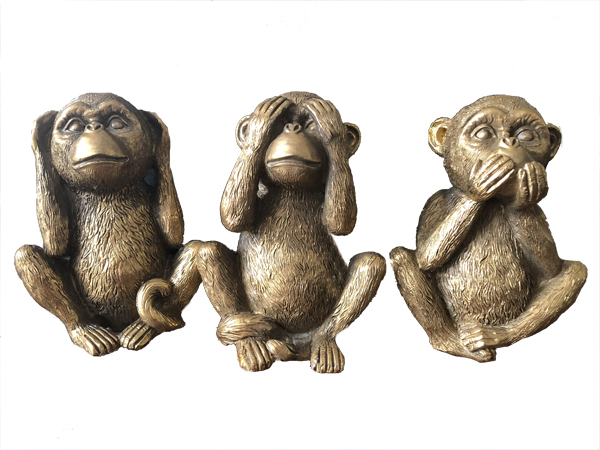
“Want als al die zogenaamd gematigde burgers blijven wegkijken, hebben wij aan hun gematigdheid in geval van nood helemaal niets.” Zo eindigt Thomas van der Dunk zijn opinie (NRC 17/1/25 Dat de rechtsstaat afbrokkelt, kan de meerderheid van de Nederlanders niets schelen). Deze laatste zinnen staan volgens mij haaks op wat hij volgens mij in de tekst juist wil betogen, namelijk dat de burgers van Nederland helemaal niet zo gematigd zijn. Want ook de gematigde burgers stemmen namelijk extreem en tegen de rechtsstaat.
Zoals een keurige Dr Jekyll achter het glas van zijn auto verandert in een woeste Mister Hyde. Dat komt door de anonimiteit. Geen tête-á-tête, geen gezichten. Zo speelt het zelfde in het stemhokje. Net ervoor op het werk, in de familie, in de sportzaal discriminatie afwijzen, maar met het rode potloodje in de hand toch extreem stemmen.
En waar komt dat vandaan? Het is de onvrede met de eigen situatie en met name het verdwijnen van de goede, oude tijd. Als zand tussen de vingers glijdt het weg. De machteloosheid om dat te herstellen. Die machteloosheid komt in het stemhokje naar buiten. Voor velen, die elke dag weer moeten zien te overleven, is dat zelfs begrijpelijk. In dat verband onbegrijpelijk zijn de gematigde stemmen op extreem rechts in rijke gemeenten, zoals Wassenaar en Bloemendaal. Wegkijken? Zij kijken juist toe.
“Because if all those so-called moderate citizens continue to look away, their moderation will be of no use to us in an emergency.” This is how Thomas van der Dunk ends his opinion (NRC 17/1/25 The majority of Dutch people do not care that the rule of law is crumbling). In my opinion, these last sentences are at odds with what I think he wants to argue in the text, namely that the citizens of the Netherlands are not so moderate at all. Because moderate citizens also vote extremely and against the rule of law.
Like a neat Dr Jekyll turns into a fierce Mister Hyde behind the glass of his car. That’s because of the anonymity. No tête-á-tête, no faces. The same thing happens in the voting booth. Just before that, at work, in the family, in the gym, reject discrimination, but with a red pencil in hand, still vote in extreme ways.
And where does that come from? It is the dissatisfaction with one’s own situation and in particular the disappearance of the good old days. It slips away like sand between the fingers. The powerlessness to restore that. That powerlessness comes to the fore in the voting booth. For many who have to survive every day, this is even understandable. In that context, the moderate voices on the extreme right in rich municipalities such as Wassenaar and Bloemendaal are incomprehensible. Looking away? They are just watching.
Ricky Turpijn



